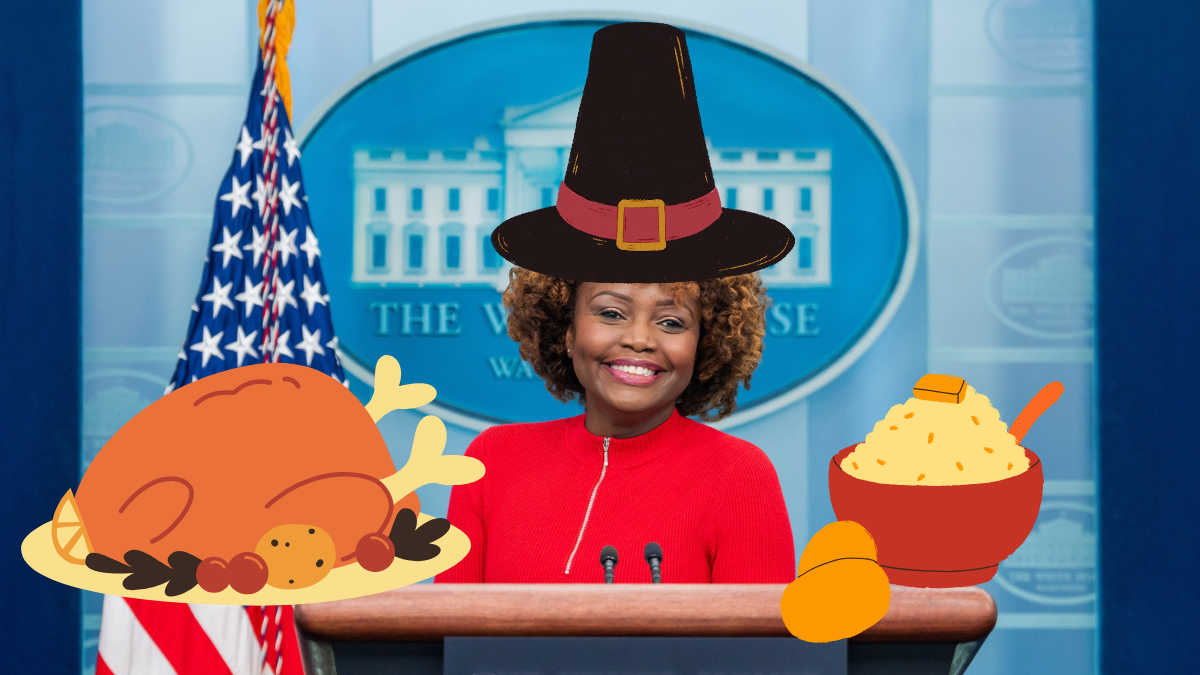Sausage maker ditches fake meat due to negative press.
Why Fake Meat Failed to Live Up to the Hype
Remember the days when we were being told the next big thing in burgers were burgers that weren’t really burgers and sausages that weren’t really sausages?
Between the end of the 2010s and beginning of the 2020s, it seemed like you couldn’t go a week without hearing about some newfangled way to make meat-based products that didn’t involve meat. Really, a whole host of startups swore, these patties made of quinoa and fermented tofu taste just. like. angus. beef. And the media bought it.
However, there was a bit of a problem. While the media was busy buying it, the public was busy doing something else: namely, not buying it, at least if they already weren’t.
Heck Cuts Out Animal-Free Sausages After Hype Fails to Translate into Sales
That’s why British vegan meat maker Heck — yes, that’s their name — has announced it’s cutting out nearly all of its animal-free sausages after finding out the hype didn’t translate into sales.
According to a report in the U.K. Telegraph earlier this month, Yorkshire-based Heck said it was reducing its range of vegan sausages (or “bangers” if you’re a Britisher) from 15 to two after the company co-founder said the public “wasn’t quite ready” to buy into them.
Wait, so Bill Gates’ advice about the developed world switching, en masse, to synthetic meat didn’t get followed? I’m shocked, I tell you. Absolutely shocked.
Why Vegan Meat-Substitute Market is Mostly Made Up of MySpaces and BuzzFeeds
As is Heck co-founder Andrew Keeble, although he had a bit more skin in the game. His admission about why the vegan bangers failed is, at the very least, brutally honest.
“We had a huge range of vegan products, because like everyone else, we believed what was being written in the press,” Keeble said. “If you look at the massive sort of Silicon Valley valuations out there, people were investing in vegan brands, and they didn’t want to miss the next Google.”
Except, from the looks of things, the vegan meat-substitute market is mostly made up of MySpaces and BuzzFeeds.
“The vegan market is really funny. We actually had some amazing products out there that were very functional, very good for your gut — [such as] one with quinoa and beetroot in it,” Keeble said.
“But the public somehow wasn’t quite ready for it yet. They didn’t want all that veg in the sausage.”
This might have been a good thing to discover before jumping on board the vegan-meat bandwagon; sales of the assumedly vile quinoa/beetroot not-really-sausage and other meatless products dropped an astonishing £37.3 million ($46.3 million) in the year ending Sept. 10, 2022, according to data cited by the Telegraph. Vegan meat sales also slumped by nearly 11 percent over the six months prior to March 20 in five of the U.K.’s biggest supermarket chains: Tesco, Asda, Morrisons, Sainsbury’s and Waitrose.
Is There Hope for Vegan Meat?
Keeble remains hopeful: “We’re still committed to vegan. I think in time, as the market settles down and develops, I think the lovely quinoa, beautiful sausages will come back.
“I think that’s what people really want. I don’t think they really want false meat. But the market is not that developed yet.”
Right. Keep in mind that this is someone who told the Yorkshire Post in 2019, “Because of global meat prices, we predict that nearly all our sales will be vegan in the future.” That didn’t exactly pan out, it seems — because again, hype doth not equal sales.
In the meantime, Heck is pretty lucky to have only posted a loss of £161,999 ($201,212) in the year to July 2022, with rising costs also being to blame. Keeble was looking on the bright side, however.
“If you look at the cost of living crisis at the moment, I’m sort of hoping … that sausages are a really good place to be because they’re not an expensive meal,” Keeble said.
“Our typical
" Conservative News Daily does not always share or support the views and opinions expressed here; they are just those of the writer."





Now loading...